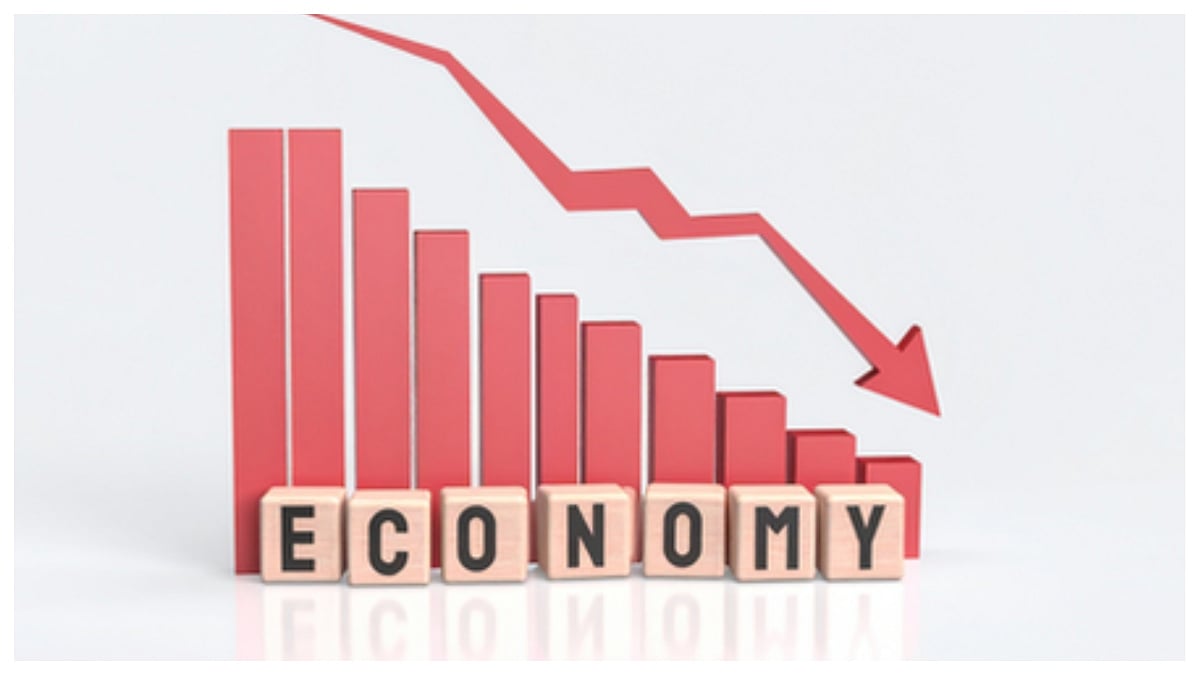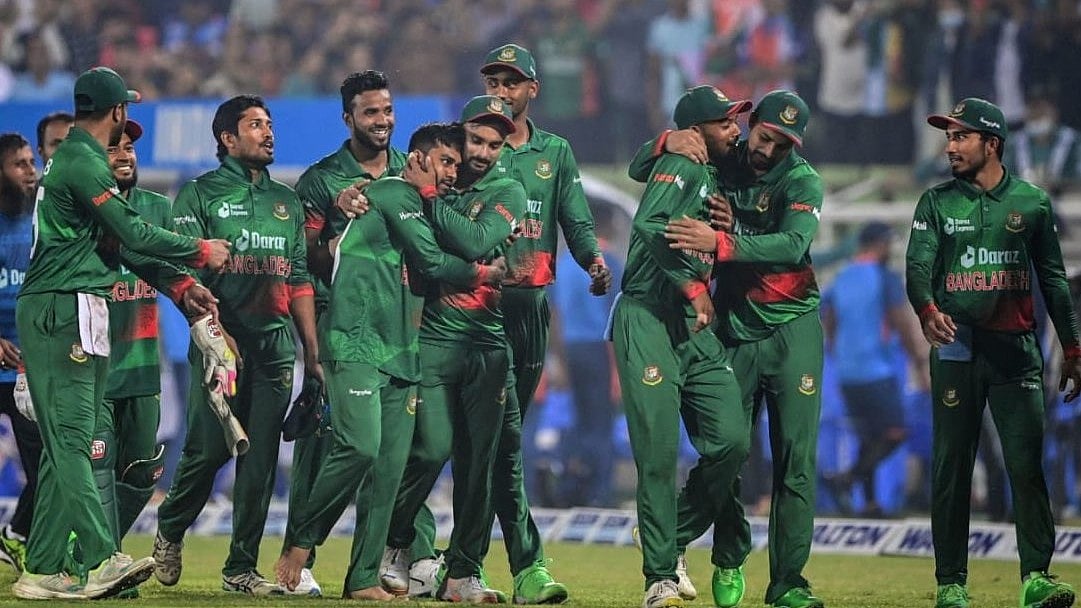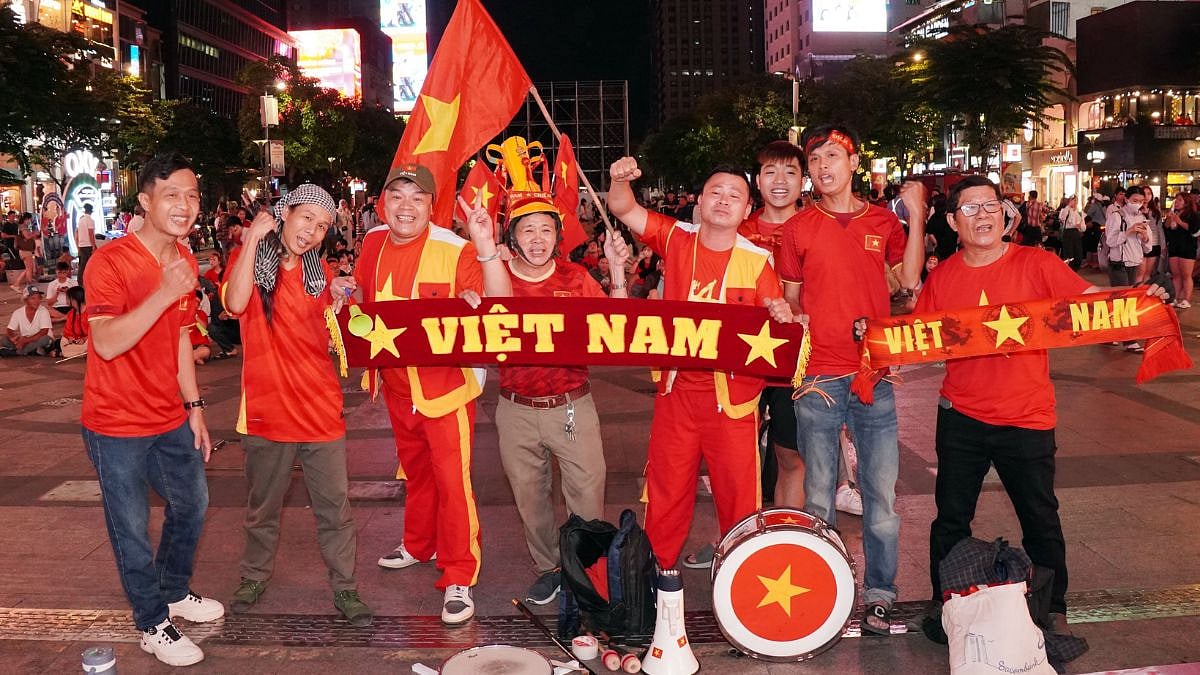Yogi Adityanath is in deep trouble in UP. He is in trouble because he is not Modi. UP assembly elections are to be held in three months time which are going to be the most crucial elections for Yogi. If he wins there is every possibility that he might emerge as a future leader for the party – a major player in the post Modi era. But if he loses then his walk into the wilderness might begin. As of now his journey looks dark and arduous, full of uncertainties.
In 2017, Yogi was not the chief ministerial candidate. The then UP BJP president Keshav Prasad Maurya was the frontrunner for the top chair in the state. Yogi Adityanath marred his chances. It is most popularly believed that even Modi and Shah were not in his favour, but the RSS put its foot down. His appointment was a great gamble. Because Yogi, despite being a five time MP, was more recognised as the religious head of Gorakhpur Peeth, which has been revered for centuries among Hindus and Muslims alike, for its secular tradition. However, in the last century it has tilted towards Hindutva.
Yogi, despite not being an RSS worker, had cultivated his image as that of an aggressive Hindutvavadi. He had been booked by the UP police for his anti-Muslim diatribe and was arrested too. He was so shaken after the arrest that he cried in the parliament and feared for his life. But after becoming the CM, he transformed into a rising star within the Hindutva fold. He became the only CM amongst the BJP chief ministers who campaigned in each and every election from Tripura to Kerala, Kashmir to Hyderabad. But in his own state Yogi's road seems to be bumpy; and nobody but Yogi himself is to be blamed.
Like Modi, Yogi had no administrative experience when he was chosen to lead the biggest state in the country. But Modi took to administration like a fish to water. He showed enormous talent not only in managing the bureaucracy but also his own party. During his 12 year reign in Gujarat, he had total control over the government; nothing could move without his nod and anyone who dared to differ with him did not survive, whether within the government or outside. He ruled like a king. His word was final. He built his own team and demanded unconditional loyalty. He was chosen by L K Advani at a time when Atal Behari Vajpayee was the prime minister, but with clever manoeuvring he created a space for himself and became autonomous within the BJP / RSS system.
After winning the second time in 2007, he was running Gujarat independent of the BJP high command. No other national leader had any say in Gujarat affairs. Patiently, he ensured that he had no rivals within the BJP in the state, but also neutralised leaders of any influence in other RSS-affiliated organisations. Although he was a polarising figure he had a cult following – a loyal, solid social base intoxicated by Modi's Hindutva. It was this base which helped him win three assembly elections in a row. In all three elections, Modi did not seek any help from the so-called tall leaders of the party; even Atal and Advani were minor players. Strong leadership, with a solid social base energised by Hindutva, was Modi's Gujarat model that was envied by his peers in the party and outside. Yogi, after becoming the CM, tried to emulate Modi.
If the 2002 riots significantly contributed to building and consolidating Modi's image as a strong Hindutva leader, Yogi, being a religious head and sanyasi who is always clad in saffron, did not require anything like 2002 to prove his Hindutva credentials. That way he had an advantage over Modi. From day one as a chief minister, he flaunted the traits of a strong and decisive leader. The way he shut abattoirs, dealt with the Shaheen Bagh agitation and pushed the Muslim community to the margins, he was hailed as a leader next only to Modi. In fact, a section of the national media discretely campaigned to project him as the next prime minister. Like Modi he also developed a weakness for the global press. His administration was busy seeking publicity globally. PR agencies were hired to polish his image. Advertorials were placed in reputed foreign newspapers and magazines. The message was clear. He was the next big thing in Indian politics and the world should take note of him. But Yogi forgot that even global leaders need to win elections.

Modi heavily relied on bureaucrats to run the administration, but he was careful enough to not let any bureaucrat hog the limelight; his loyal bureaucrats remained faceless. But in Lucknow everyone knows who are the officers running the government. Yogi forgot that UP is not Gujarat. In UP, which is still rooted in feudalism, politicians have big egos and are very assertive. They need to be dealt with a lot more finesse and tact. Unlike Gujarat, MPs, MLAs, local leaders and party office bearers in UP cannot be bulldozed into submission. Beyond a point, bureaucrats can't dominate political leaders and this proved to be Yogi's biggest undoing. More than a hundred BJP MLAs sat on dharna in the Assembly against his working style before Covid hit the state. During the pandemic, several BJP ministers, MPs and MLAs wrote letters and severely criticised their own government. This was unthinkable, let alone doable in Modi's time in Gujarat.
Modi undoubtedly projected himself as a Hindu leader but within the Hindu fold he did not identify himself with any particular caste or sub-caste. Yogi is known for his special affinity for the Thakur community, which in the caste hierarchy is second only to Brahmans and there is very stiff rivalry between the two for sociopolitical dominance. Nothing could be more catastrophic for a leader who has national ambitions to be limited by any caste. No wonder, in a deeply caste-ridden society like UP, when elections are around the corner, despite his Hindutva aura Yogi is finding himself constrained by his image of a Thakur leader. Modi's genius lies in going beyond the caste identity. Despite belonging to an OBC category, he is overwhelmingly supported by the upper caste. Today, Brahmans are angry with Yogi, and the backward and Dalit community don't harbour any special fondness for him. They might vote for him because he is a BJP leader, not the other way around. Yogi, in that way, does not add any extra vote to his party but Modi does. Yogi is nothing without the party.
No wonder, today, the same Yogi who six months back openly defied Modi whenhe didnot induct Modi loyalist, A K Sharma in his cabinet, is looking sheepishly towards Modi to win elections for him. Despite huge advertisements in the newspapers about the achievements of his government, the BJP is not confident that Yogi can pull the party chariot to victory.
As assembly elections draw closer, Yogi is dwarfed by the larger than the life size presence of Modi. The world saw Yogi, walking behind Modi's cavalcade, like an intern being lectured by the prime minister and Modi calling him Upyogi (UP+Yogi), which in English means useful. All I can say is, “Mr Yogi, you might like to take it as a compliment but big leaders, something that you aspire and want to be, are never useful. They are visionaries who change the life of millions; they don't depend on other










